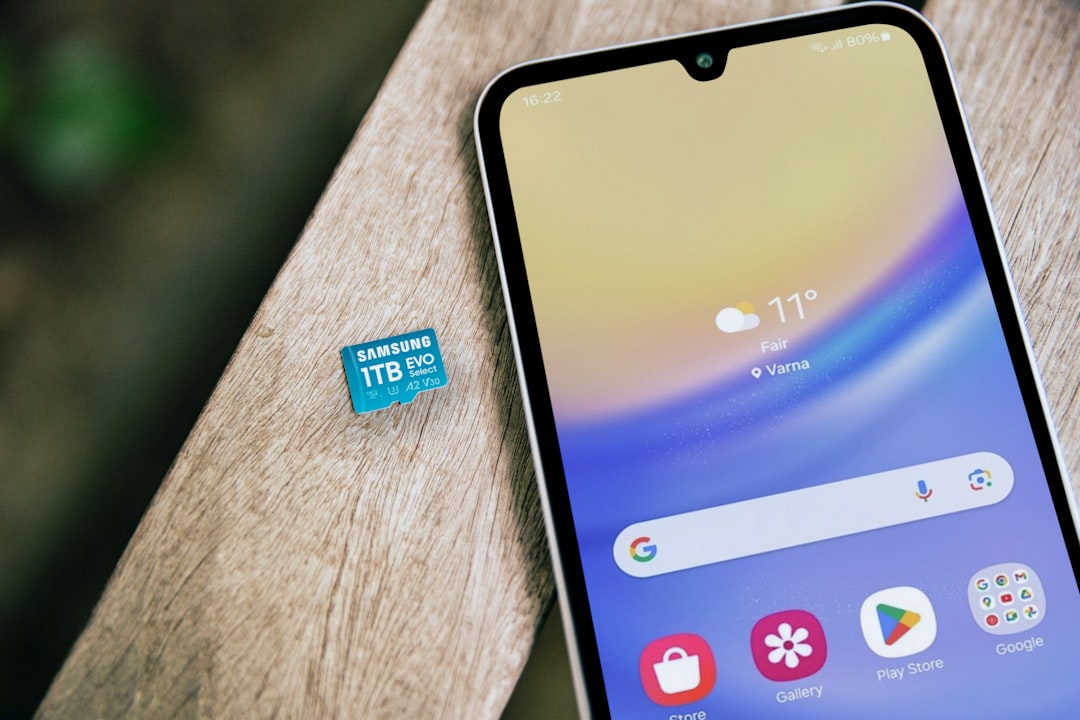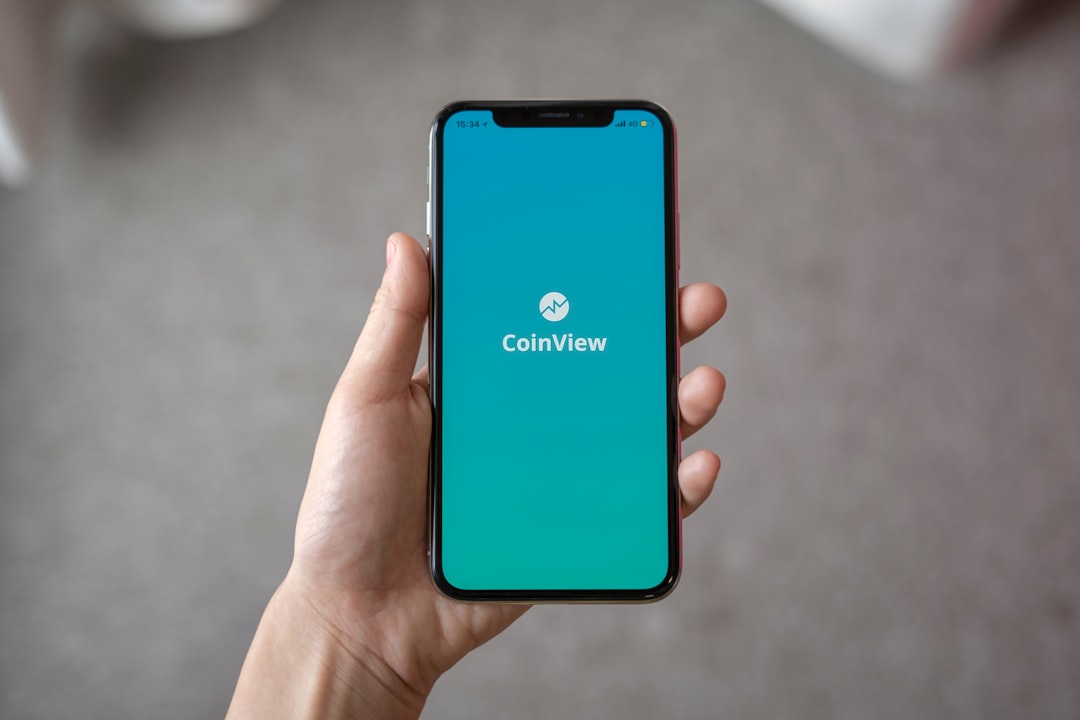Georgia's strict Spam Call laws protect residents from unwanted telemarketing by enforcing prior consent and "do not call" periods. Businesses must obtain explicit permission for marketing calls or face legal action. Spam Call law firms in Georgia guide companies through these complex regulations, offering services like drafting clear terms of service, training sales teams, and managing consumer complaints to avoid fines and damage to reputation. To effectively raise awareness about telemarketing rules in Valdosta, use a multi-faceted strategy including traditional media, workshops led by legal experts from Spam Call law firms Georgia, business engagement, social media, and regular campaign updates.
In an era where telemarketing calls can often feel like a deluge, understanding and adhering to Georgia’s spam call laws is crucial. This article explores the comprehensive overview of Georgia’s strict regulations on unsolicited calls, focusing specifically on Valdosta’s efforts to raise awareness. We delve into the significant role law firms play in promoting best practices among telemarketers and present effective strategies for successful Valdosta awareness campaigns, ultimately empowering residents to protect their privacy. Key terms: Spam Call, Law Firm, Georgia.
Understanding Georgia's Spam Call Laws: A Comprehensive Overview

In Georgia, the Spam Call laws are designed to protect residents from unwanted telemarketing calls and text messages. These regulations are enforced by the Georgia Attorney General’s Office, which has the authority to take legal action against violators. The laws cover a wide range of communication methods, including phone calls, SMS, and email, making it crucial for businesses to adhere to strict guidelines when engaging in telemarketing activities within the state.
A key aspect of Georgia’s Spam Call Laws is the requirement for prior consent from recipients. Businesses must obtain explicit permission before initiating marketing calls or sending promotional messages. This means that companies cannot rely on bought or shared numbers, and any call made without explicit consent can be considered a violation. Additionally, there are restrictions on the timing of calls, with certain hours designated as “do not call” periods to ensure residents get adequate rest and personal time.
The Role of Law Firms in Promoting Telemarketing Best Practices

Law firms play a pivotal role in promoting telemarketing best practices and ensuring compliance with anti-spam call laws, particularly in states like Georgia where such regulations are stringent. These legal experts not only guide businesses on navigating complex legal frameworks but also educate them about consumer rights and ethical marketing strategies. By offering proactive advice, they help companies avoid costly fines and reputational damage associated with spam calls.
In the context of a Spam Call law firm in Georgia, their expertise involves drafting clear and concise terms of service, providing training to sales teams on do’s and don’ts of telemarketing, and assisting in designing marketing campaigns that respect consumer privacy. They also play a crucial role in handling consumer complaints, ensuring that businesses address issues promptly and fairly, thereby fostering trust and loyalty among customers.
Strategies for Effective Valdosta Awareness Campaigns

To create effective Valdosta awareness campaigns on telemarketing rules, a multi-faceted approach is key. Start by leveraging various communication channels such as local radio, TV, and community boards to reach a wide audience. Host educational workshops and seminars led by legal experts from reputable Georgia spam call law firms to dispel common myths and clarify regulations. Engage with local businesses to encourage them to adopt best practices in telemarketing, fostering a culture of compliance.
Utilize social media platforms and targeted digital ads to engage younger demographics who are often more prone to receiving unwanted calls. Develop catchy slogans and memorable public service announcements that simplify complex laws, making them relatable and understandable. Collaborate with local authorities and consumer protection agencies to co-host events, ensuring a coordinated front against telemarketing violations. Regularly update campaign materials and strategies in line with changing laws, demonstrating sustained commitment to awareness.






